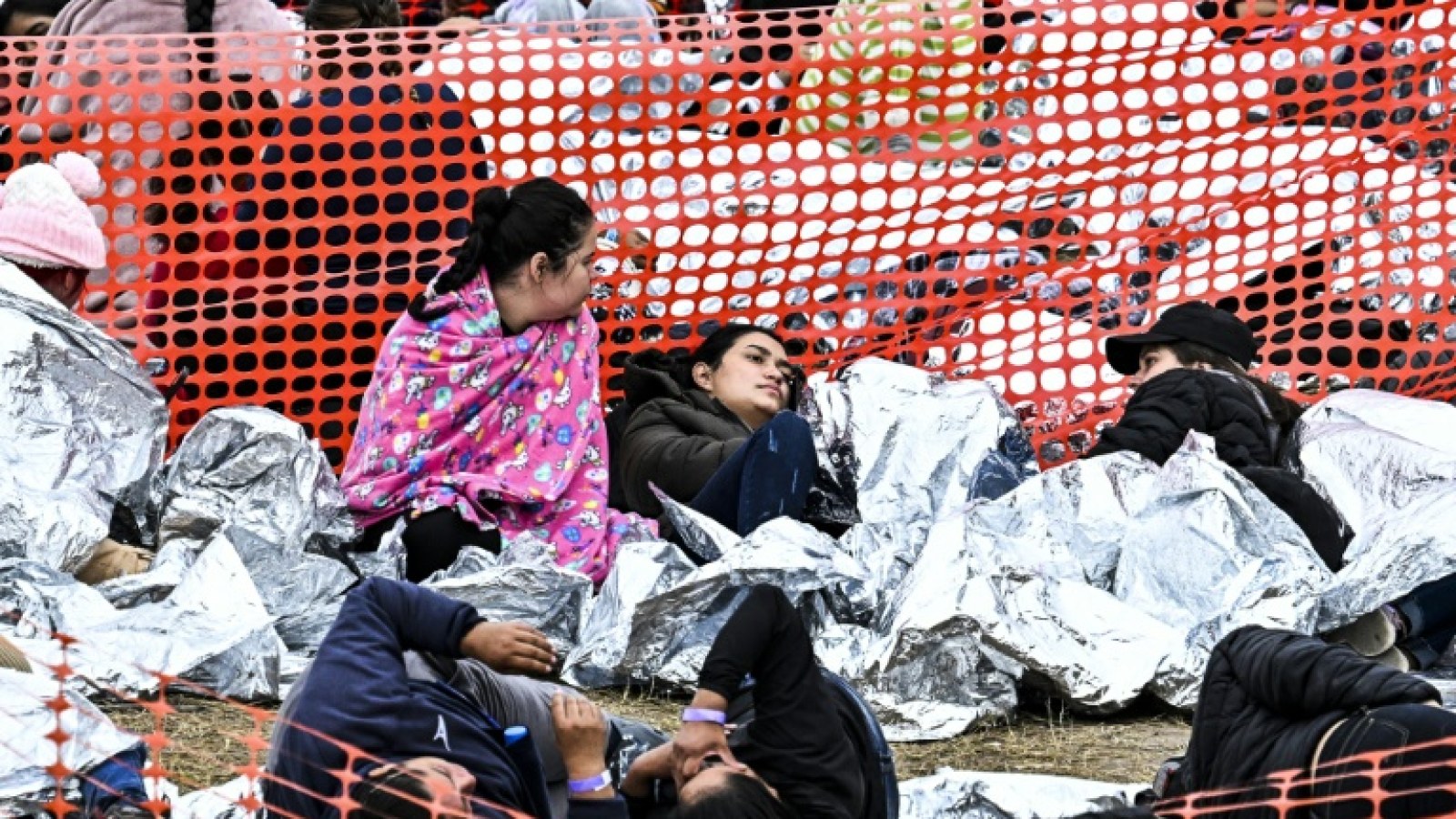President-elect Donald Trump is reportedly exploring a controversial strategy to deport immigrants to third countries if their home countries refuse to accept them. This proposal targets individuals from “recalcitrant countries,” nations that resist repatriating their deported citizens.
Potential third-country destinations under consideration include Turks and Caicos, the Bahamas, Panama, and Grenada. Currently, immigrants from these nations are often released into the U.S. due to a lack of alternatives. However, Trump’s plan is expected to face significant legal and logistical obstacles.
The legal foundation for deporting immigrants to third countries remains ambiguous. While federal law and existing regulations provide limited authority for such actions, their legality has been frequently challenged. During his previous term, Trump attempted to send asylum seekers to Guatemala under an “Asylum Cooperative Agreement.”
Although the policy faced legal challenges, it was suspended during the pandemic and ultimately abandoned by the Biden administration. If the legal basis for such agreements is not rescinded before Trump takes office, it could be revived as part of his new deportation strategy.
Another legal mechanism involves a provision in federal immigration law that permits deportation to third countries in specific circumstances. This law has already faced criticism, with lawsuits challenging its use by the Biden administration to deport Venezuelans to Mexico.

Advocacy groups like the ACLU argue that such deportations often fail to ensure the safety of migrants. The resolution of these lawsuits may determine whether Trump has the legal authority to expand third-country deportations to other nationalities.
The requirement to ensure migrants’ safety adds another layer of complexity. Under U.S. and international law, deportees must not be sent to countries where they face risks of persecution or torture.
Advocacy groups are likely to closely scrutinize Trump’s policies, challenging any lack of adequate screening procedures. According to the ACLU, such procedural shortcomings could result in legal challenges, as any failures to protect deportees would violate existing legal standards.
The challenge of dealing with “recalcitrant countries” has grown over time. Nations like China, Cuba, and Iran have resisted accepting deportees, and Venezuela recently joined this group after halting deportation flights due to diplomatic tensions.
The number of immigrants from these countries has surged, particularly at the U.S.-Mexico border, further complicating efforts to manage their deportation. These individuals could be prime targets for any third-country deportation program initiated by Trump.
Whether Trump can implement this strategy effectively depends on several factors, including ongoing legal battles and the actions of the current administration. President Biden still has time to revoke the rule that allows for third-country agreements, which would limit Trump’s ability to pursue this approach.
If the rule remains in place, Trump’s administration could negotiate new agreements, though they would likely face significant legal challenges over their adherence to international safety standards. These legal and procedural issues will ultimately determine whether such a controversial strategy can be carried out.


